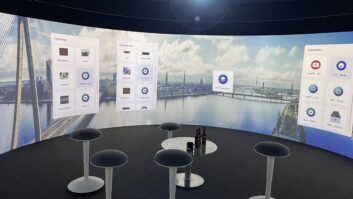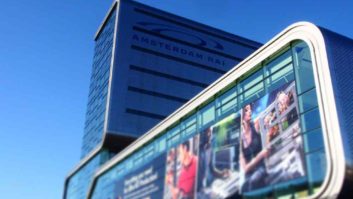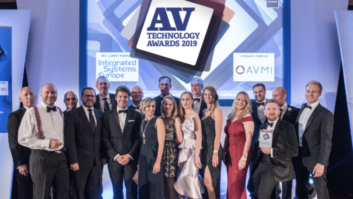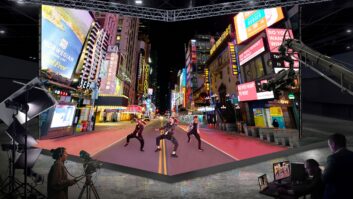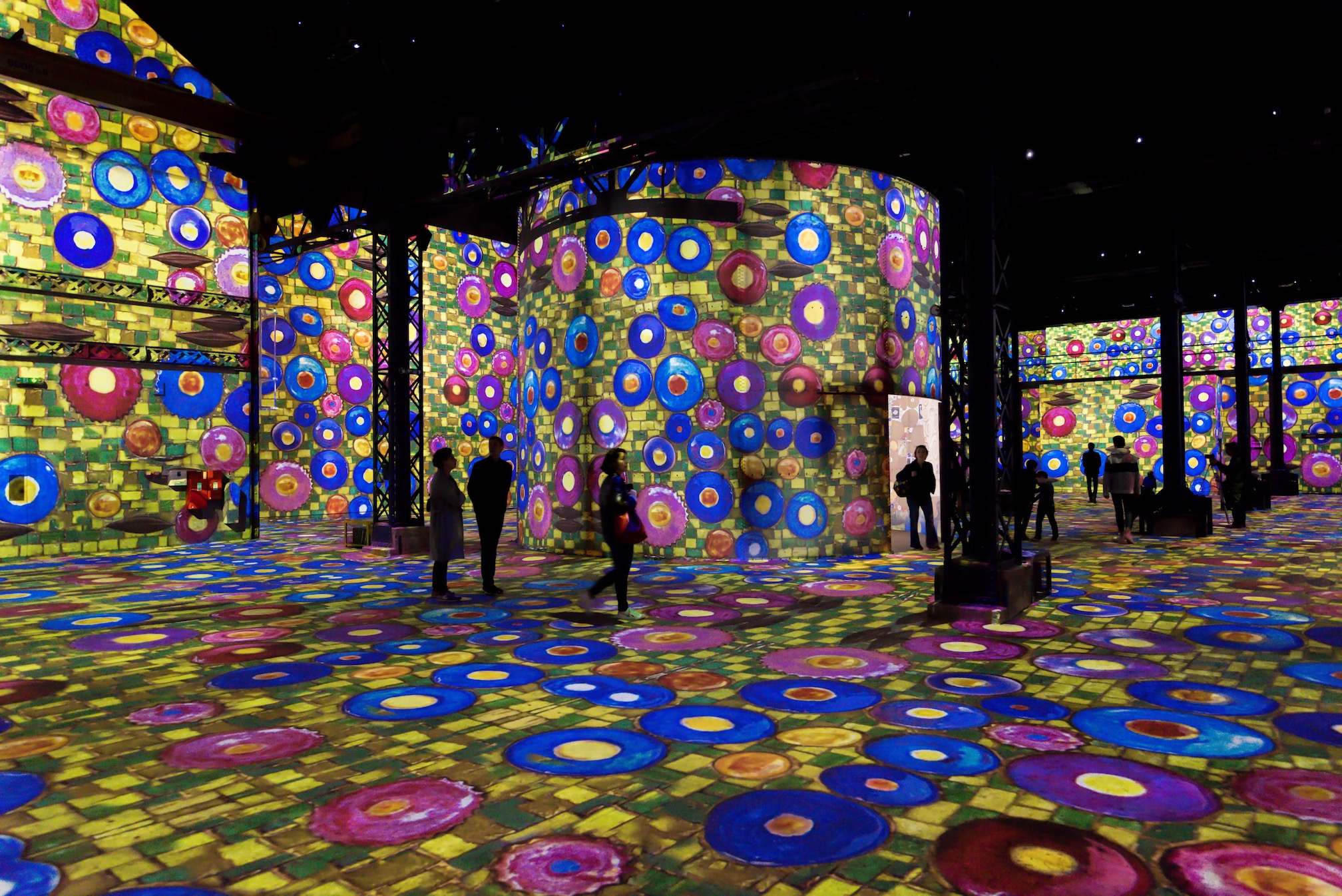
Have you ever stopped to ask yourself: “What do we, the AV industry, actually do?” No: not hanging screens on walls or mounting loudspeakers in ceilings. And not what the digital signage industry does, or the meeting room industry does, or the visitor attractions industry does. What does the AV industry do as a whole?
In an environment where the AV business is potentially being eroded by the incursion of the IT industry, understanding what AV is and what it does has never been more critical – not just to defending the business, but to enlarging it. It’s about identity. It’s about differentiation. It’s about mission.
It seems probable that those were at least some of the questions that InfoComm International, the previous name of the industry’s trade association, felt it needed to answer as it began to look at how it could best support its membership.
“AVIXA’s mission of communicating the value of AV through the experiences that AV delivers is an ongoing effort,” says Brad Grimes, senior director of communications for the organisation. “It began in 2014 when we began making the case that an exceptional AV experience has to take into account more than just technology; it also requires the right combination of content and consideration for the space where the AV solution would be experienced. The effort continues today as AVIXA, the Audiovisual and Integrated Experience Association, which reflects our commitment to acting as a catalyst for market growth by underscoring how AV delivers value through integrated experiences. And: it will continue into the future.”
Not a gimmick
“I was not only on the AVIXA board of directors when the initiative was conceived during our strategic planning process; I was also on the task force which engaged Chicago-based consultancy firm Gravity Tank to undertake the research which produced the ‘exceptional experience’ programme,” adds Julian Phillips, executive vice president of US-based integrator Whitlock. “I can tell you, this is not a marketing gimmick. There has been some serious work done to understand the perspectives of a broad range of customers, and how they experience AV in both their work and life.”
Thus, the concept of an industry that’s in the business of delivering exceptional integrated experiences was born. InfoComm International became AVIXA – reflecting its new vision of the nature of the industry – in 2017, with the launch of a new strategic plan. Perhaps most appealing about it is how it embraces the entire industry: whether the experience is that of a child in a classroom, software developers huddling or consumers engaging with advertising – all deserve an exceptional experience. That’s what end users should expect – and that’s what the industry should be looking to deliver.
There can be little dispute about the quality of the thinking process that led AVIXA to its conclusions. The questions are only: how visible has the initiative been; does it reflect how the AV industry sees itself; how is the initiative perceived in the market – and is the initiative and, more importantly, AVIXA’s membership, reaping the rewards it and they deserve?
First, though: what does the industry believe constitutes an “exceptional experience”? Unsurprisingly, there are about as many opinions as there are industry participants. “The experience must have relevance to you personally – it has to inspire that spine-tingling feeling,” says Deborah Jones, AV/IT sales manager, QEII Live at London’s Queen Elizabeth II Centre. “This could be an event where you touch people’s lives and change the way they think. Or it could be seeing an installation where every piece of equipment is fit for purpose, looks aesthetically perfect and provides that instant unified recognition – a ‘lightbulb’ moment, if you like.”
Justin Paveley, project director at Focus 21, which is now part of the AVMI Group, echoes her sentiments. “Our world is now very dependent on technology,” he notes. “Technology that works well provides a user with a positive user experience. A user experience refers to a person’s emotions and attitudes whilst using a particular product, system or service. This experience includes the practical, experiential, affective, meaningful and valuable aspects of human–computer interaction. If we cannot achieve these exceptional experiences, then our products and services will fail.”
“Exceptional experiences in audiovisual systems come down to ease of use,” believes Justin Dawson, who is an Irish AV technologist and host of AllThingsTech.ie. “Behind the scenes, there may be several racks, processors and cables. In the front of house, it should be as simple as the end user pressing a touchpanel or walking into a room and being able to comfortably use the equipment without needing to call for assistance. Whether this is BYOD, collaborative spaces or virtual meetings, they should be able to be conducted with ease.”
Fusing space, content, technology
“Exceptional experiences are achieved when we expertly fuse space, content and technology,” avers Phillips. “AVIXA has always been a hub for technology providers, but many content developers and producers were not engaged with us, so [last year] AVIXA launched the TIDE (Technology. Innovation. Design. Experience) Conference to run alongside InfoComm and ISE. It has been an outstanding success, bringing some of the most creative minds in the world to meet with the AV community and learn about how we can create amazing experiences for our customers together.”
“For us, it’s going that extra mile for our customers and delivering them not just a standard AV system,” says Stewart Maynard, a director of custom installer Knektd. “It’s a system that works with the design concept – such as picking the right speakers that blend into the design for a high-end brasserie or an industrial style gym. It’s about making a system that’s easy to use for anyone that delivers for the customer every time.”
Those views are, superficially, different – but examined more closely, there is a common thread. An exceptional experience is, of course, one that exactly matches what the customer wants. It’s easy to use. Everything looks right. The underpinning technology and products are all but irrelevant: it’s what they deliver, and how they deliver it, that counts. Perhaps most of all, though, it’s that great feeling you get when something ‘just works’.
www.avixa.org
www.focus21.co.uk
www.knektd.co.uk
www.qeiicentre.london
www.whitlock.com

